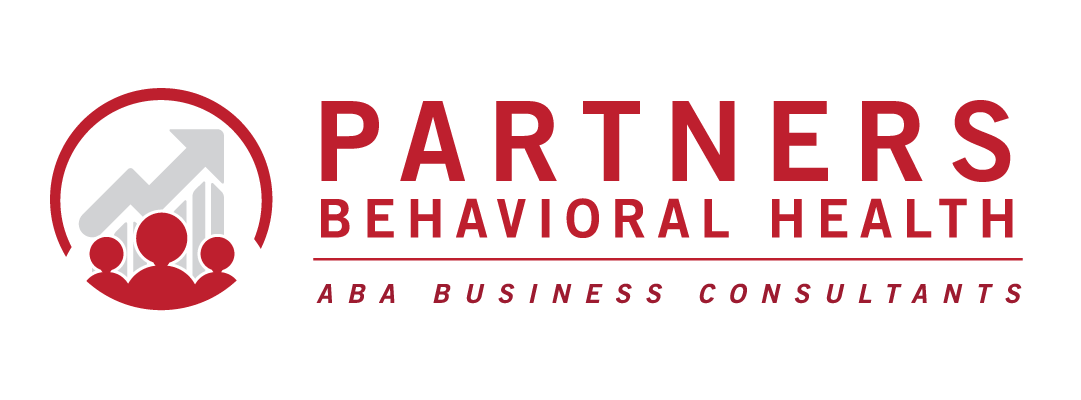Use of the term “patient” in autism services may be controversial or perceived as offensive by some. The two most common arguments I’ve heard are that (1) the term unfairly pathologizes autistic people, and that (2) the word “patient” implies or relates to illness, disability, or disease. At the same time, some might argue there is a basis for preservation of its use, at least in the near term. The purpose of this article is to provide some information – not to take a position in the matter.
With respect to autism, I am addressing the term “patient” when referring autistic people receiving and by some definitions pursuing medical or healthcare services, not as a general reference to autistic people. Not all autistic people are patients, and not all patients are autistic people.
The word “patient” has Latin roots in ‘suffering’, and generally implies ‘passive’ participation, so it’s understandable why one might associate these terms and concepts. In fact, the debate over appropriateness of the term “patient” isn’t new. Neuberger (1999), for example, tackles the issue head on in BMJ, to which Tallis (1999) provided further commentary.
It’s also important to consider other factors and implications such as language in the broader healthcare system, and the legislation, regulation, and policies upon which it is based or around which it operates.
This article focuses mostly on technical use of associated language, though I will briefly address less formal use in the summary.
Terminological considerations
The term “patient” may refer to a person receiving medical or healthcare services from a healthcare professional for one or more conditions.
Health and health conditions can refer to states of physical, mental, and social well-being that can affect one’s ability to function and enjoy life. More specifically, the term “condition” refers to a state of health, which may include diseases, but may also include conditions and health promotion that are not diseases. Consider for example dietician services, childbirth healthcare services, and people pursuing various different types of therapies for their wellness.
Qualified health care professionals (QHCPs) are licensed, and often certified. This may include but not limited to, physicians, psychologists, behavior analysts, and counselors. Other clinical staff may support the service delivery process under the supervision of a QHCP, where services are billed under the QHCP. Examples include medical assistants and behavior technicians.
The terms “client” and “patient” are sometimes used interchangeably in healthcare, but this practice can be insufficient or problematic with some disciplines or populations. In healthcare funded autism services for example, there is often value in clearly distinguishing between the autistic person for whom services were ultimately initiated, and other stakeholders such as their parents or caregivers. In these cases, the autistic person for whom services were ultimately initiated is the beneficiary or terminal recipient of services, and the parent(s) or caregiver(s) play more of an intermediary clinical role as well as primary administrative role managing transactional and reimbursement related activities. Language clearly distinguishing between these stakeholders may be valuable in helping to safeguard the autonomy (legal, ethical, clinical) of the autistic person in the service delivery paradigm. This can be particularly noteworthy for people with limited functional communication and self-advocacy repertoires.
Examples of how to approach this issue in context do exist. For example, the Behavior Analyst Certification Board (BACB) Ethics Code (2020) distinguishes between the terms “client” and “stakeholder”, where stakeholder can be further broken down – i.e. caregiver, funder, etc.
The term “student” is sometimes proposed as an alternative to the term “patient”, or even “client”. The word “student”, however, has its own definition relating to enrollment in an educational institution. An autistic person may be a patient, student, both, or neither.
Stakeholders may favor other less consistently used language including, but not limited to “learner” and “individual”. However, the omission or inconsistent use of these terms in literature, legislation, regulations, and pertinent policies may have implications worthy of further consideration.
Summary
Whether using the term “patient”, or some comparable alternative, language that retains the distinction between the autistic person for whom services are being sought and other stakeholders such as parents or caregivers can be valuable in helping to retain autonomy and related rights and protections – legal, ethical, and clinical.
If the autism and healthcare communities determine a shift in language away from “patient” is valuable, it may also be important to consider the broader implications as related to legislation, regulations, and policies that help ensure certain rights and protections.
While this article has focused on more formal aspects of this matter, it’s always important to engage with the people we serve in a respectful and compassionate manner. Understanding and using preferred language of the people we serve in the context of engagement with those individuals can be an important action toward that end.
Brandon Herscovitch, Ph.D., LABA, BCBA-D
Partners Behavioral Health can help with your clinical and business standards, compliance, and outcomes. We can help you scale an ethical ABA practice you’re proud about.
References
AMA J Ethics. 2015;17(4):305-309. doi: 10.1001/journalofethics.2015.17.4.ecas2-1504.
https://code-medical-ethics.ama-assn.org/ethics-opinions/patient-rights
Neuberger J. Do we need a new word for patients? Lets do away with “patients”. BMJ. 1999 Jun 26;318(7200):1756-7. doi: 10.1136/bmj.318.7200.1756. PMID: 10381717; PMCID: PMC1116090. https://www.ncbi.nlm.nih.gov/pmc/articles/PMC1116090/#:~:text.
https://constitution.congress.gov/browse/essay/amdt5-4-5-2-5-1/ALDE_00000903
Behavior Analyst Certification Board. (2020). Ethics code for behavior analysts. https://bacb.com/wp-content/ethics-code-for-be
https://www.verywellhealth.com/patients-rights-2615387
https://www.who.int/about/governance/constitution
https://www.ncbi.nlm.nih.gov/books/NBK233009
https://www.ncbi.nlm.nih.gov/pmc/articles/PMC5346014
https://www.ncbi.nlm.nih.gov/books/NBK231308
https://medical-dictionary.thefreedictionary.com/patient
https://www.aapc.com/blog/28964-define-a-qualified-healthcare-professional


